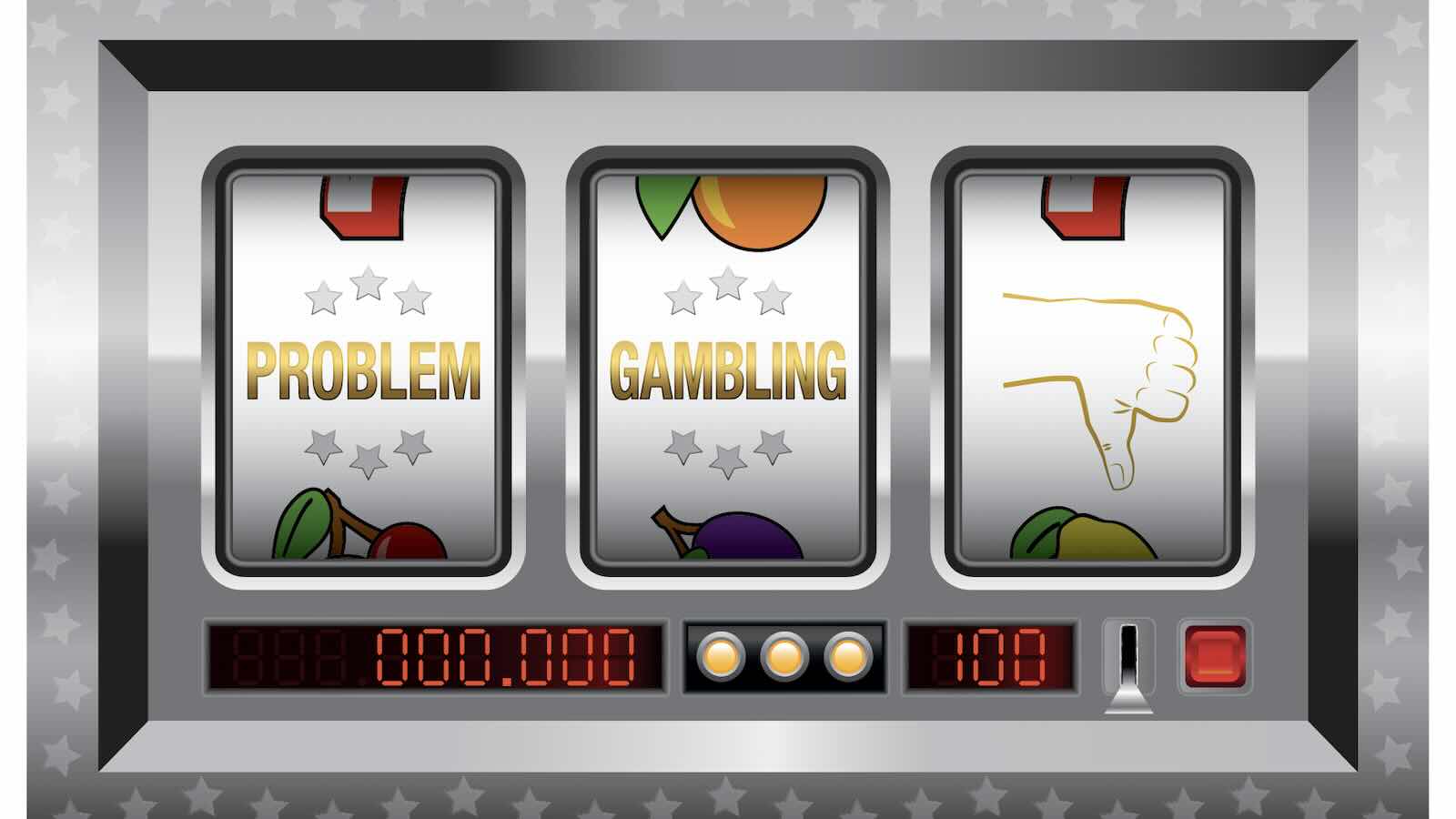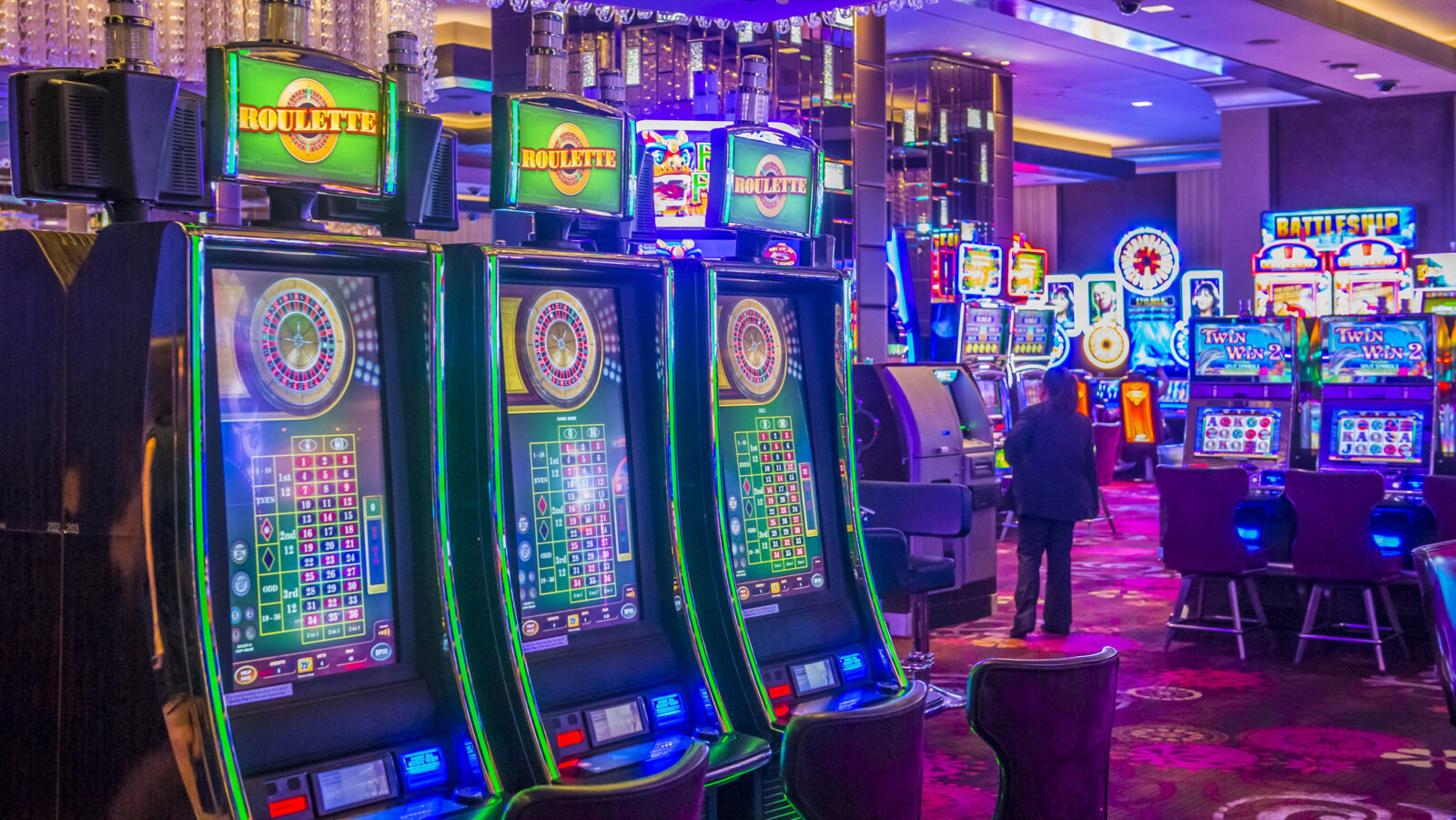Responsible Gaming – Tips, Warning Signs, And Getting Help
Common pitfalls, signs of addiction, and ways to get help discussed below
2 min

Top 10 Responsible Gaming Tips
Casino gambling can be an enjoyable form of recreational entertainment for many people. When playing responsibly and sustainably, individuals know their limits and are able to stop when they choose. Players are empowered to build healthy habits by learning the recommended practices below:
- Entertainment: When gambling, try to view it as an entertainment expense, not a profit-making venture.
- Budget: Choose a gambling budget and stick to it. This should be an amount you are comfortable losing entirely with no impact on your financial well-being.
- Do your homework: Learn the rules and fully understand how a casino game works before you play.
- Source of funds: Always play with your own money, not borrowed funds or credit.
- Balanced: Keep play balanced by engaging in a variety of other activities.
- Sobriety: Do not gamble when you’ve been drinking or aren’t fully sober.
- Avoid tilting: Avoid gambling in a highly emotional state. Feeling stressed? Upset? Anxious? Down? If the answer to any of these is “yes,” you should not be betting.
- Avoid chasing: Never chase losses by trying to win back what was lost. Accept the casino losses as the cost of entertainment.
- Pick a time limit: For how long you gamble, and don’t exceed it.
- Learn the signs: The signs of at-risk problem gambling behaviors, so you can spot them in yourself or others and get the support needed.
Signs of a Gambling Problem
If you, a friend or loved one is displaying any of the warning signs of a gambling problem, get a free consultation with a problem gambling specialist from Birches Health. Signs to look out for:
- Increased frequency or amount of bets: If an individual begins to gamble more frequently, take more trips to a casino or increase the amount of money they are risking, that could be a sign of a problem.
- Borrowing money or using credit to bet: Individuals with a gambling problem may begin to borrow money or use credit to fund their wagering, often due to gambling debts or other financial troubles.
- Inability to stop: If a person has tried to stop or cut back on their gambling but finds themselves unable to do so, it could be a sign of a serious issue.
- Neglecting other responsibilities: Someone addicted to gambling may neglect other responsibilities such as work, school, or family obligations in order to place bets.
- Chasing losses: An individual who is addicted to gambling may place more and/or larger bets to try to recoup losses.
- Hiding or lying about betting: An individual dealing with a gambling problem might hide or lie about their betting activity, at times due to feeling ashamed or embarrassed by their behaviors.
Gambling Addiction treatment
Learning and following best practices for Responsible Gaming can help reduce the chances of gambling potentially turning into a problem. However, it doesn’t eliminate that possibility completely. And even if you are betting responsibly, it doesn’t mean that a friend or family member is doing so too. Therefore, knowing and spreading awareness of Gambling Addiction support resources is important. If you or someone you know may be struggling with a gambling problem, there are specialized care options available.
Casino Reports’ partner Birches Health is a modern, digital treatment provider that has a nationwide team of specially trained clinicians to help individuals dealing with gambling addiction and related problems. Birches offers free consultations, confidential referrals and personalized treatment from the comfort of home.
If you or someone you know may benefit from talking with a Birches Health care specialist, click here, call (833) 483-3838 or email hello@bircheshealth.com.






